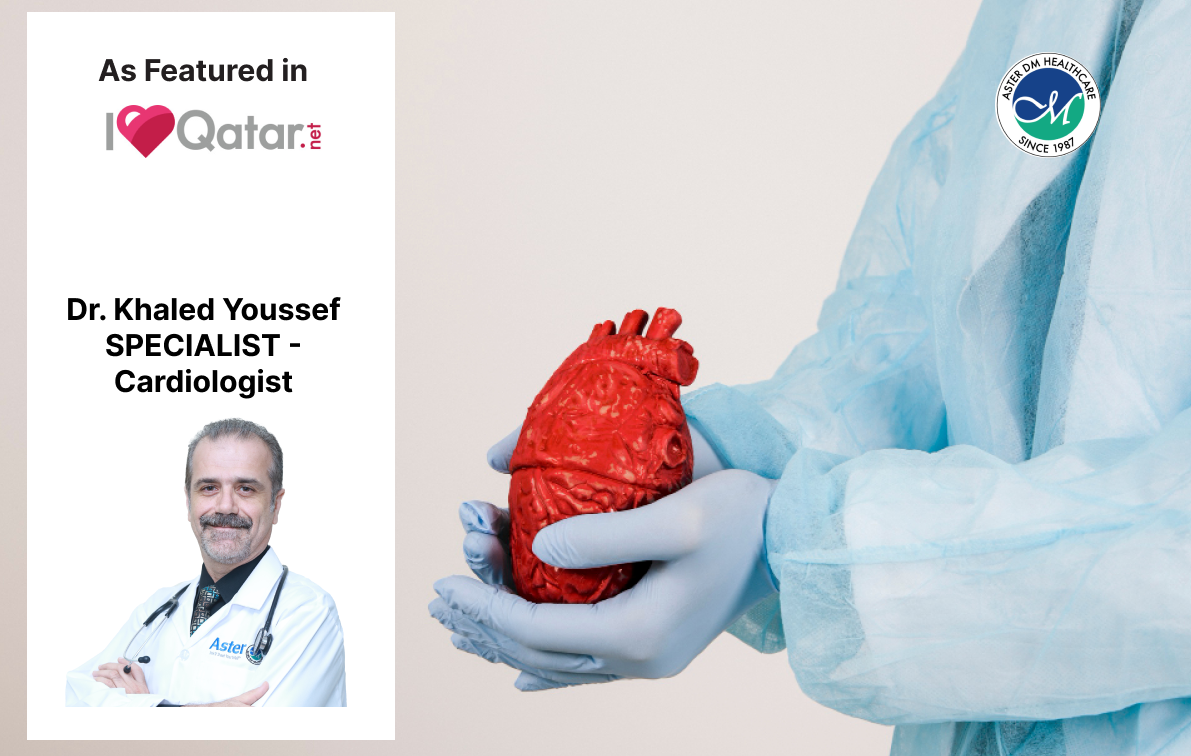As we come together to mark World Heart Day, it is crucial to address one of the leading risk factors for heart disease: blood hypertension, or high blood pressure. Often called the "silent killer," hypertension frequently presents no symptoms. Yet, it steadily damages the heart and arteries over time, leading to life-threatening conditions like heart attack, stroke, and kidney disease.
What is Blood Hypertension?
Blood hypertension occurs when the force of the blood flowing through your arteries is consistently too high. While the heart is designed to pump blood through your body, prolonged high pressure places a heavy strain on blood vessels and vital organs. A normal blood pressure reading should be below 120/80 mm Hg. A person is considered hypertensive when readings consistently reach or exceed 140/90 mm Hg.
There are two types of hypertensions:
- Primary hypertension, which develops over time without a specific cause.
- Secondary hypertension, which is linked to other health conditions, such as kidney disease, or medications that increase blood pressure.
Why is Hypertension Dangerous?
The danger of high blood pressure lies in its ability to go unnoticed while it slowly causes damage to the body. Without regular monitoring, many people remain unaware of their condition until they suffer from complications. Long-term high blood pressure weakens the arteries, increases the risk of heart attack and stroke, and can lead to chronic kidney disease, vision problems, and even dementia.
Causes and Risk Factors
Several risk factors contribute to developing hypertension, some of which are beyond our control, while others are lifestyle-related and modifiable:
- Non-Modifiable Risk Factors:
- Age: Blood pressure typically increases as we age.
- Family history: Genetics can predispose certain individuals to hypertension.
- Modifiable Risk Factors:
- Diet: High sodium intake, processed foods, and excess sugar raise blood pressure.
- Lack of exercise: Physical inactivity leads to obesity and raises blood pressure.
- Alcohol and tobacco: Both significantly increase the risk of hypertension.
- Stress: Prolonged stress elevates blood pressure and increases heart strain.
Signs and Symptoms
Hypertension is often asymptomatic, earning the nickname "silent killer." However, when symptoms do appear, they can include headaches, dizziness, shortness of breath, and nosebleeds. These symptoms often occur only after damage has already been done, making it crucial to monitor blood pressure regularly, even if you feel fine.
Preventing and Managing Hypertension
While some risk factors for hypertension are unavoidable, lifestyle changes can play a significant role in preventing and managing the condition:
- Adopt a heart-healthy diet: The DASH diet (Dietary Approaches to Stop Hypertension) is rich in fruits, vegetables, whole grains, and low-fat dairy products. Reducing salt intake and avoiding processed foods can help keep blood pressure in check.
- Exercise regularly: Aim for at least 150 minutes of moderate exercise each week, such as walking, cycling, or swimming.
- Limit alcohol and quit smoking: Both habits raise blood pressure and should be limited or eliminated.
- Maintain a healthy weight: Even small amounts of weight loss can help lower blood pressure.
- Manage stress: Incorporate relaxation techniques like meditation, deep breathing, and yoga into your routine to reduce stress.
For those with elevated blood pressure, medication may be prescribed alongside lifestyle changes to help maintain healthy levels. It should be done after correct and confirmed diagnosis- despite following healthy lifestyle.
The Importance of Regular Screening
Because hypertension often shows no symptoms, regular screening is essential. Early detection can prevent complications and ensure proper management before the condition worsens. This is especially important for individuals at higher risk due to age, family history, or pre-existing health conditions such as diabetes and hyperlipidemia.
Take Action for Your Heart
On this World Heart Day, let’s pledge to prioritize our heart health by adopting healthier habits and keeping our blood pressure under control. Monitoring blood pressure, eating a balanced diet, staying active, and reducing stress can make a lasting difference in preventing heart disease. Remember, even small changes today can lead to a healthier, longer life.
Your heart deserves it.
